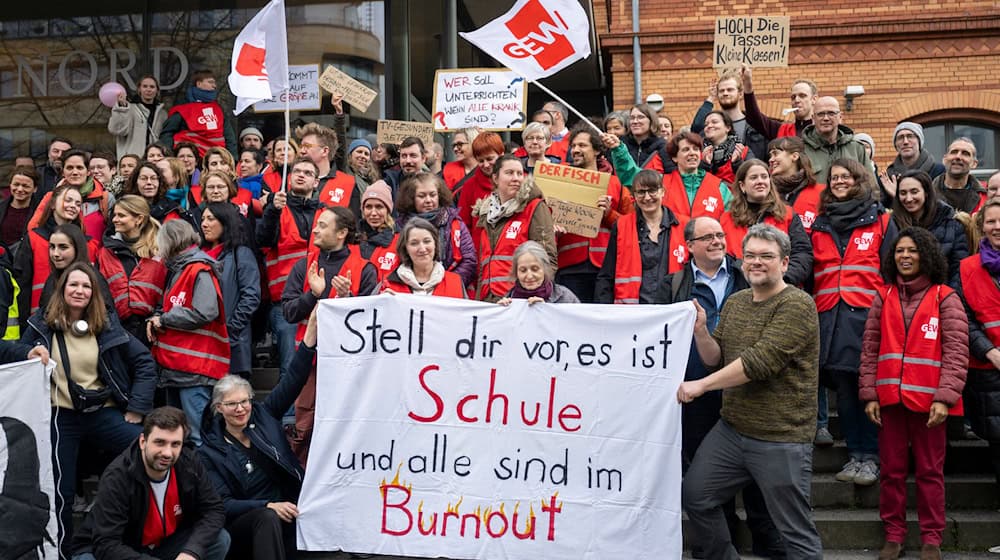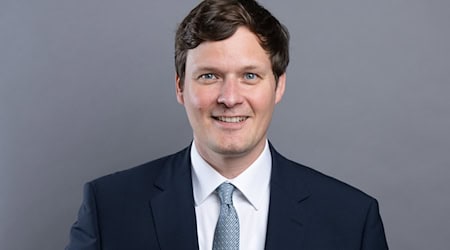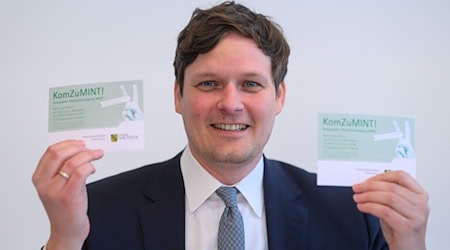A study shows that school principals in Saxony are under undue strain. Scientists have identified this in increased levels of burnout symptoms, for example. The Education and Science Union (GEW) is therefore sounding the alarm and calling for relief. The findings of the study are "in part alarming" and cannot remain without consequences, it said.
In the survey, 80 percent of management staff stated that they sometimes or all day had to work at a fast pace. Around two thirds rarely or never keep to their break times. More than two thirds of those affected feel they have too little time for preparation and follow-up work. 51 percent of those surveyed feel drained, 48 percent emotionally exhausted.
GEW calls for less bureaucracy and more support
"Employers must now fulfill their duty of care as quickly as possible and relieve the burden on school administrators, for example by reducing bureaucracy and providing additional support staff at schools, especially school administration assistants," said Claudia Maaß, Deputy Chairwoman of GEW Saxony.
The study was commissioned by GEW and carried out by the Freiburg Research Center for Occupational Sciences in autumn 2024. Specifically, it looked at the psychosocial stress experienced by school principals.
School leaders often turn up to work despite being ill
The results stand out in comparison to other occupational groups, particularly when it comes to demands, emphasized Matthias Nübling, Managing Director of the research centre. They lead to considerable stress, which can only be partially compensated for by positive factors. At the same time, this occupational group shows an above-average level of "presenteeism" - in other words, they often come to work despite being ill.
GEW calls for regular stress surveys
"We are also calling for better induction training for headteachers, preventative measures and regular stress surveys by the Saxon Ministry of Education and Cultural Affairs, because healthy principals are needed in order to meet the challenges facing schools, especially in the current situation of massive staff shortages," explained GEW Vice President Maaß.
The study on psychosocial factors in the workplace was initially conducted in spring 2024 among school leaders in Hamburg and Rhineland-Palatinate. In the fall of 2024, it was extended to Bavaria, Hesse, Saarland, Saxony, Saxony-Anhalt and Schleswig-Holstein. In Saxony, 392 people took part. The figures from Saxony were not particularly different from those from other states, said Nübling.
Copyright 2025, dpa (www.dpa.de). All rights reserved










